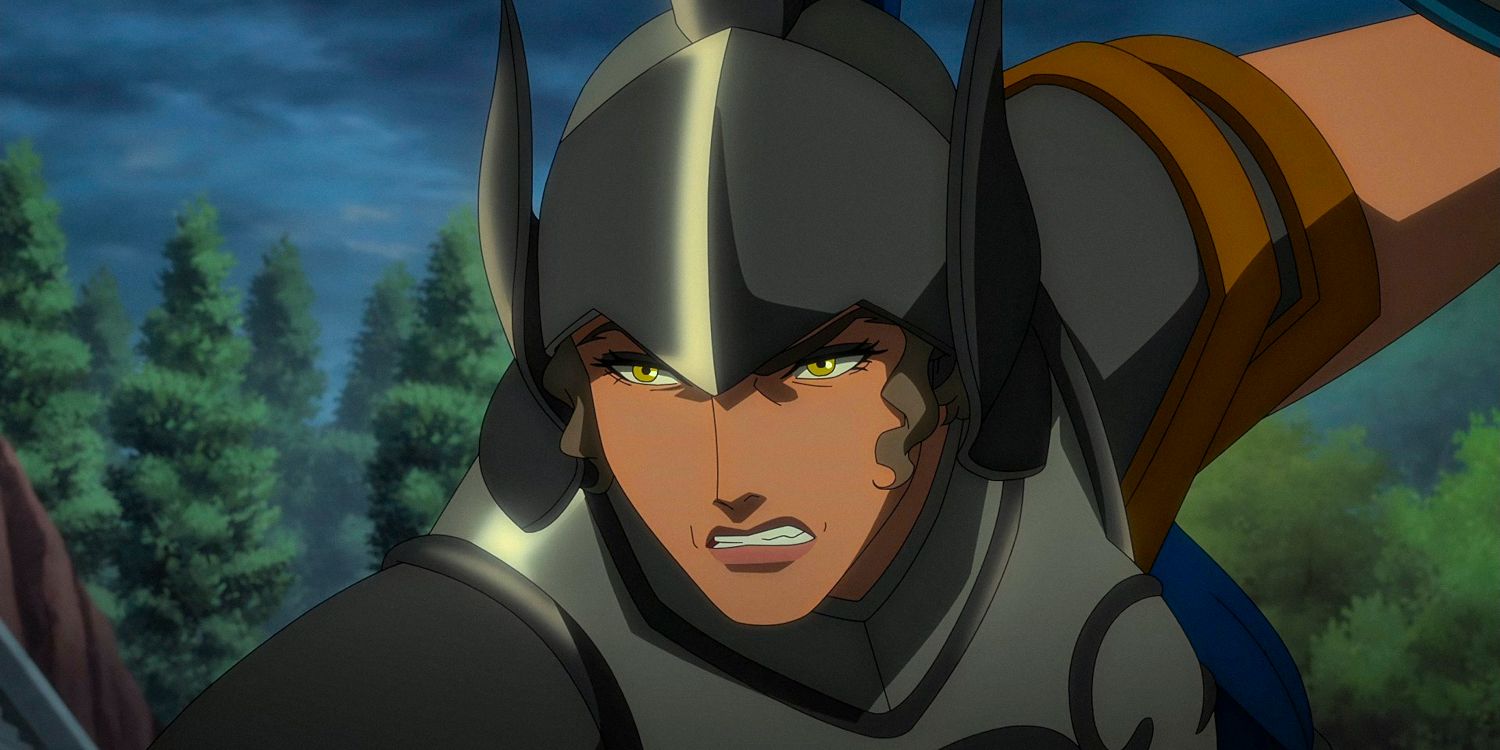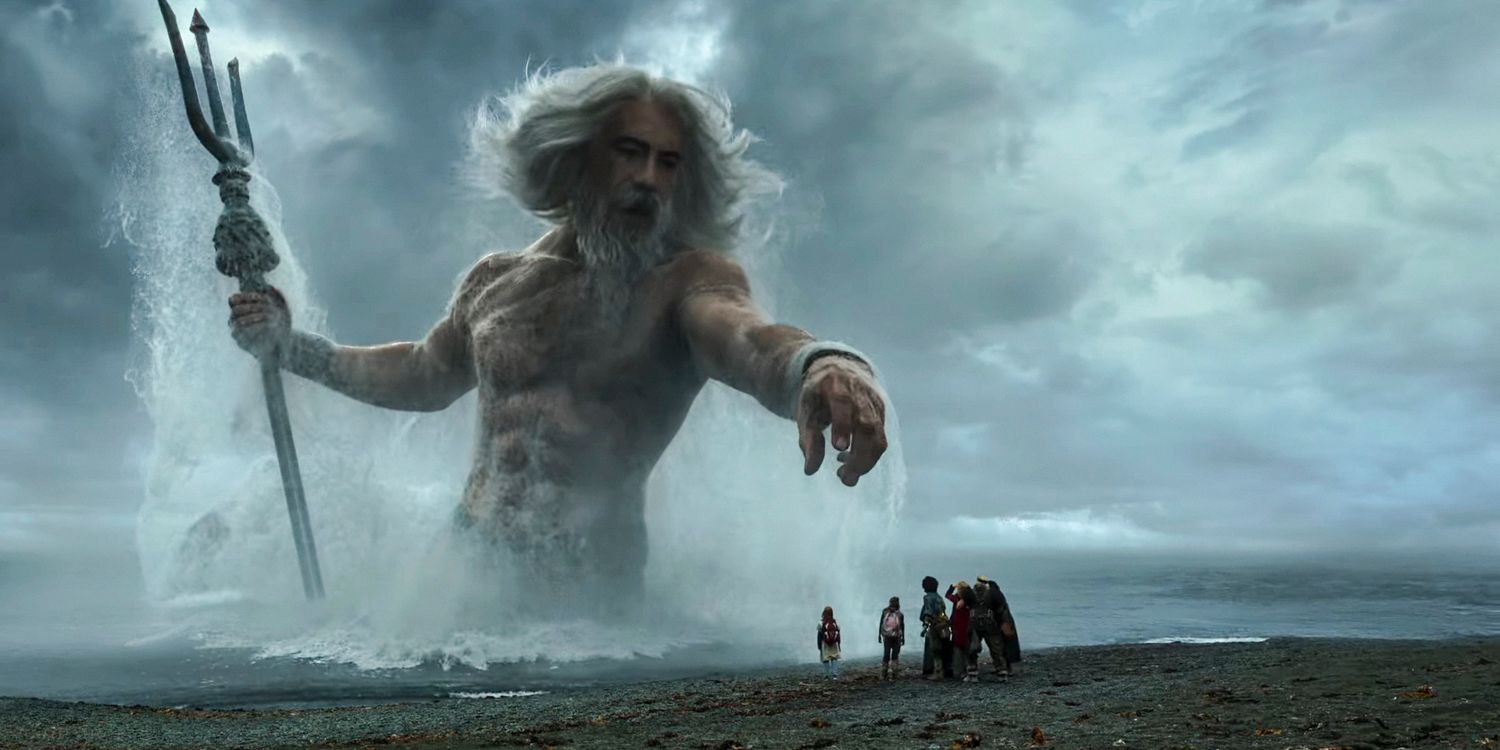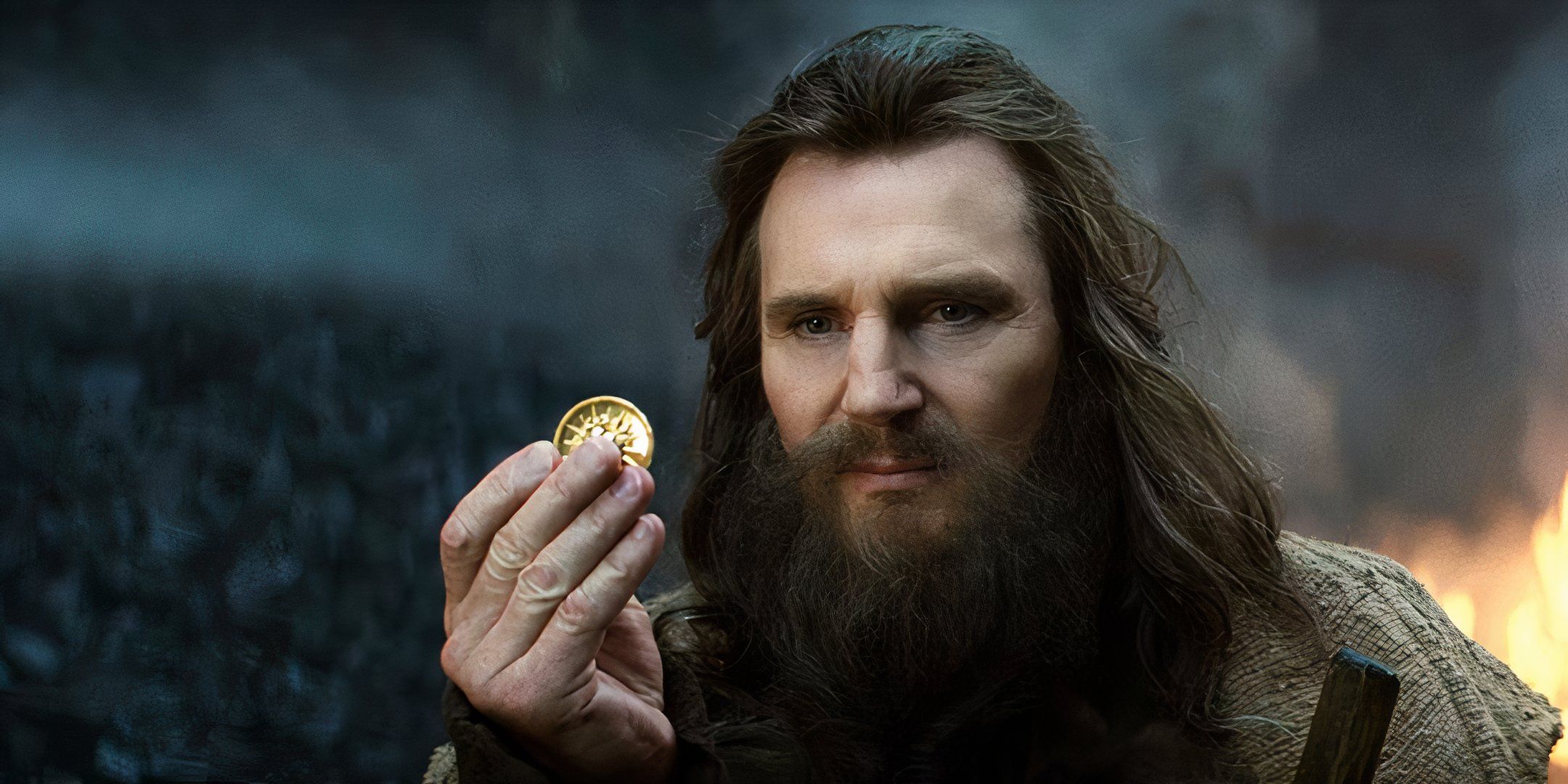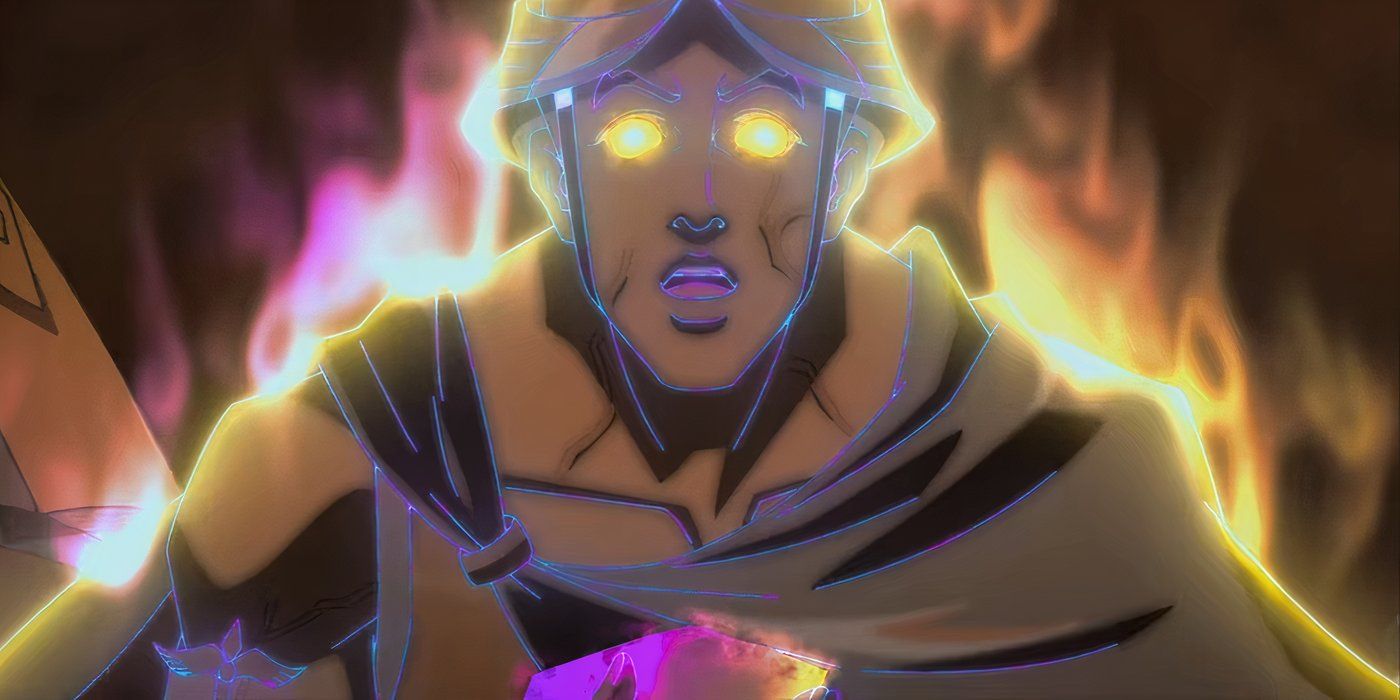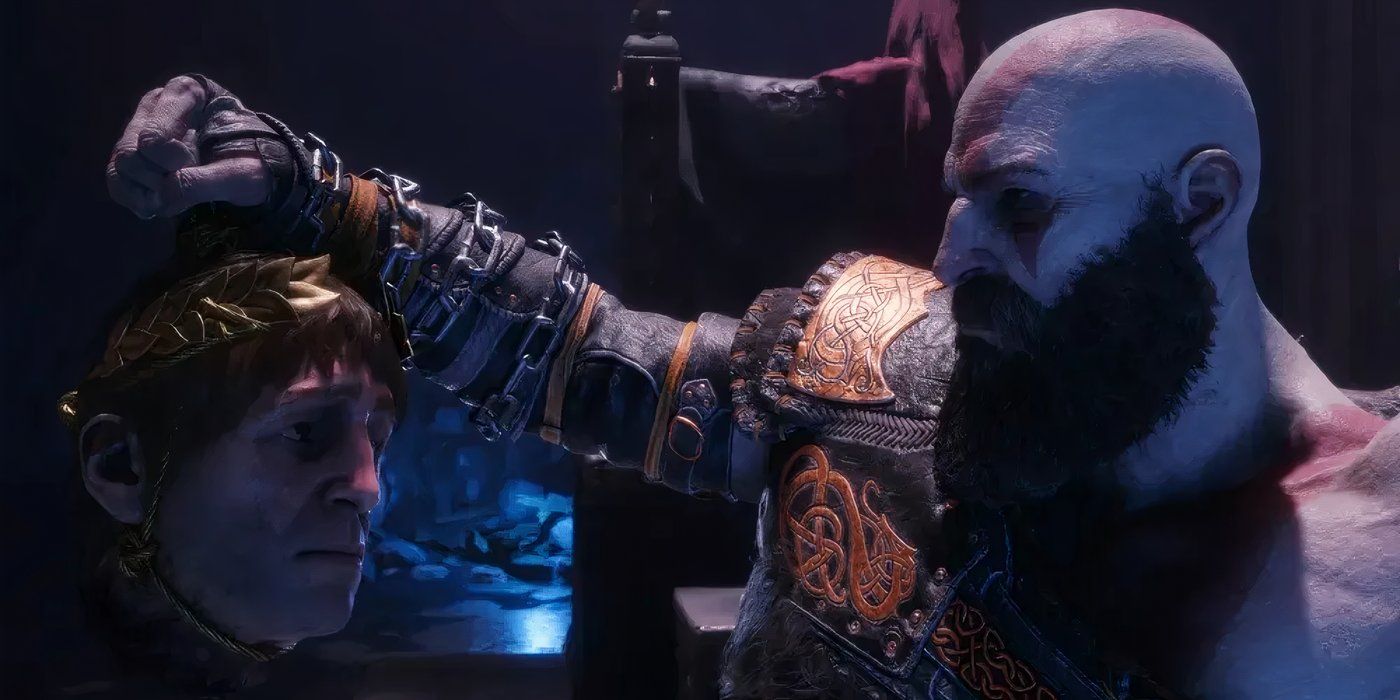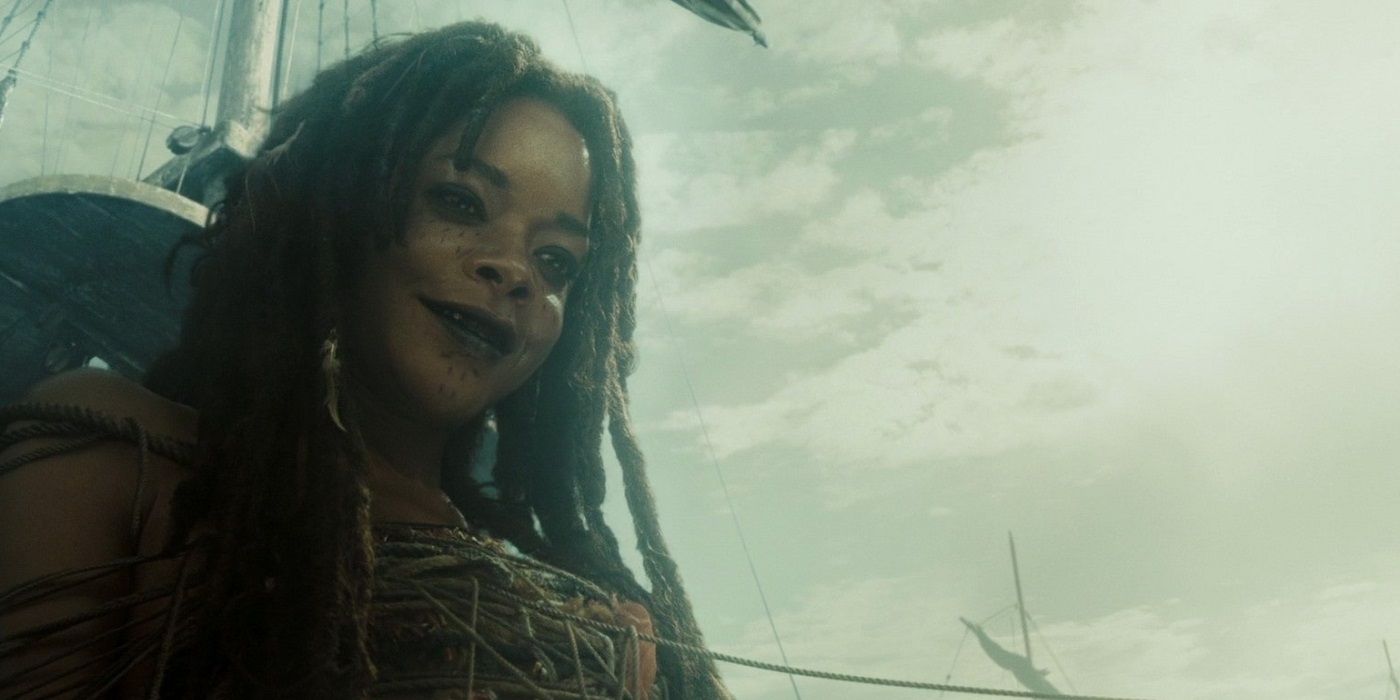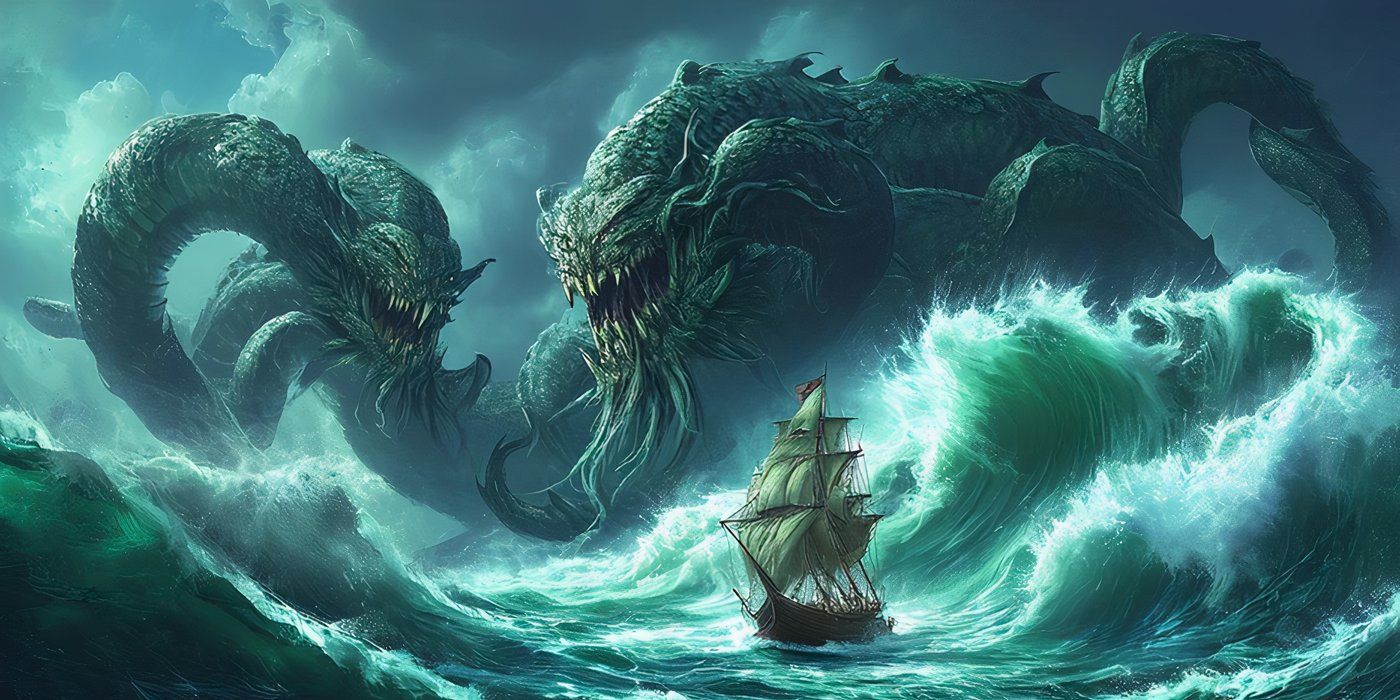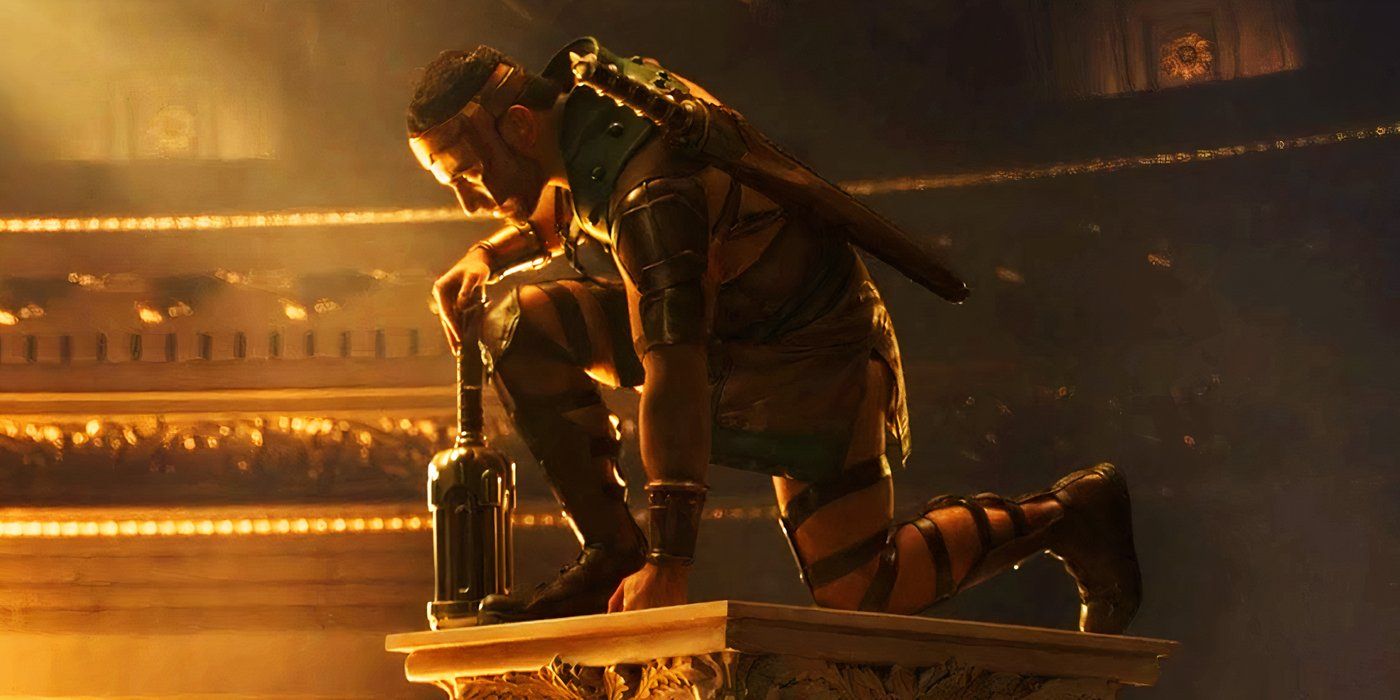The Odyssey is set to bring the ancient Greek story to the big screen, and Christopher Nolan’s take on the narrative might feature these Greek Gods in important roles. The story of Odysseus and his long journey home after the Trojan War takes him through monster-infested waters and into the path of several deities. Some seek to aid him, some wish to destroy him. Ultimately, they all have a role to play in Odysseus’ journey and his fated return back to his throne in Ithaca and his family, Penelope and Telemachus.
There’s a chance that The Odyssey doesn’t feature any supernatural elements like overt Gods, similar to what 2004’s Troy did with The Iliad. It’s possible the Greek Pantheon and the various demigods connected to them play apparent roles in the narrative, or remain largely out of sight and influence the world from afar. While Christopher Nolan’s version of the Greek Gods remains a mystery for now, here are the ways they factor into the original story and what it means for their role to play in Nolan’s upcoming film.
10
Athena
Athena is one of the most important deities in The Odyssey, and is a key figure in Odysseus’ journey home. The daughter of Zeus, Athena is a goddess of wisdom and warfare, who played a part in the godly debate that set off the Trojan War. Athena is the one who convinces Zeus that, after being separated from his family for years, Odysseus should finally return to Ithaca.
Because casting for The Odyssey has yet to be fully revealed, each God and Demigod will be represented by other depictions of the characters or similar figures from across films, television, and video games.
Athena appears to several characters in disguise (setting up multiple actors to play her), advising Odysseus’ son Telemachus and the Phaeacian Princess Nausicaa. These interventions, although largely removed from the overt action of Odysseus’ journey, making Athena a likely Greek God to factor into the narrative of Nolan’s The Odyssey.
9
Poseidon
While there isn’t necessarily a single overarching villain in The Odyssey, Poseidon is the most consistent threat to Odysseus, with a grudge that spans decades. After his son, Polyphemus, is blinded by Odysseus, Poseidon becomes spiteful towards the humans.
Although he can’t kill Odysseus because of his eventual immutable fate to make it home, Poseidon is the source of many of his woes in the original story. Christopher Nolan’s film could enhance this by making the deity a more overtly antagonistic figure or even just as a symbol of the hardships that the king must face on his way home.
8
Zeus
Zeus is the head of the Greek Pantheon, the God of Thunder who tries to remain as uninvolved as possible. At different junctions in the original story, Zeus gets involved as both an ally and a detriment to Odysseus. This suggests Zeus could have a minor but important role in Christopher Nolan’s The Odyssey.
Athena convinces Zeus to help the sailor while he is being held by Calypso, allowing him to escape her clutches. However, when Helios is later engaged by Odysseus’ men killing his sacred cattle, Zeus sends a storm that dooms the last of Odysseus’ crew. This flexibility could easily factor into the story.
7
Hermes
Hermes is the God of Messengers and one of the deities that factors into Odysseus’ escape back to Ithica. After Zeus is convinced to help Odysseus, he sends Hermes to deliver a godly message to Calypso to set him free. Hermes later appears to warn Odysseus about Circe and then appears in the aftermath of the story’s final battle.
Hermes is the God who takes the most active role in ᴀssisting Odysseus besides Athena, making him a likely candidate to appear in The Odyssey if the film embraces those supernatural and mythic elements. If the film addresses the interconnected web of family names and godly bloodlines, it could also address how in myth, Odysseus was a descendant of Hermes.
6
Helios
The God of the Sun, Helios only appears late in the story and gets involved after being personally slighted. Although Odysseus’ crew had been warned about killing the sacred cattle of Helios, they threw caution to the wind and eat the livestock. This enrages Helios, who calls upon Zeus to strike them with a storm that dooms all but Odysseus.
Helios is likely only to play a minor role in the story, but it’s an important reminder to Odysseus (and the audience) about the fickle nature of the Gods. Some may hate you, some may save you — but a single slight can turn them into your worst nightmare.
5
Calypso
Calypso is one of the more memorable figures that Odysseus encounters during his travels in The Odyssey. Calypso rescues Odysseus after his ship is destroyed and his crew is lost in Zeus’ storm. The daughter of the тιтan Atlas, Calypso’s attraction to Odysseus led her to use her own supernatural capabilities to compel him into being her lover.
However, after seven years of being held captive on her island, Odysseus is freed from her influence by Zeus. Calypso presents an opportunity for Odysseus to give up his quest and find a form of happiness and the ultimate test of his love for Penelope, a driving factor in his unceasing efforts to make it home.
4
Circe
Circe is the other mysterious sea-witch and the daughter of the sun god Helios, giving her a divine role to play in the story. When Odysseus and his crew find her island during their journey, she initially turns many of them into pigs. Hermes aids Odysseus in convincing her to halt her mystical attack, saving his life.
Circe stands in contrast to Calypso, briefly becoming Odysseus’s lover but requiring no supernatural intervention to force her hand in releasing him. If the film does focus on these other lovers of Odysseus, she could prove to be one of the film’s most complex and unexpected figures.
3
Aeolus
A minor God in the large scheme of things, Aeolus is the Keeper of the Winds. Aeolus is the God who gives Odysseus a closed bag of winds. However, after Odysseus’ crew mistakenly believes the bag contains treasure and wastes the winds within, Aeolus refuses to help the crew again.
Aeolus is one of the more personable of the Gods encountered by Odysseus, initially offering support but showcasing very human frustration with the sailors’ mistake. Aeolus or a character similar to them is likely to play a role in the story, working alongside Odysseus at first before becoming frustrated with his crew.
2
Ino
Ino is one of the more ambiguous Gods in The Odyssey, playing a key role in saving him from Poseidon’s wraith. She helps keep him above the waters and eventually directs him towards the Phaeacians. This could be related to the sH๏τ of Odysseus, seemingly lost at sea, that was seen in the film’s teaser trailer.
Ino is one of the more intriguing deities that could factor into The Odyssey. Ino’s role could be absorbed by another God, like Athena or Hermes. The film could bring Ino into play and actually offer a deeper explanation behind their motivations in helping Odysseus, potentially tied to her origins as a mortal.
1
Heracles
Heracles is one of the most famous figures in Greek mythology, a demigod whose status as a hero was legendary even to the ancient Greeks. Although Heracles is long ᴅᴇᴀᴅ by the events of The Odyssey, the character does appear briefly when Odysseus is forced to venture through the underworld.
Heracles could serve as a painful warning to Odysseus in this form. The shade of Heracles reveals this is what remains of his mortal half, while his godly side has been accepted on Mount Olympus and has found happiness with his wife. It’s a stark reminder of the grim fate that could await Odysseus if he never makes it home during The Odyssey.
